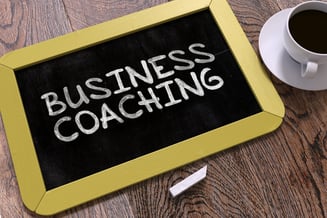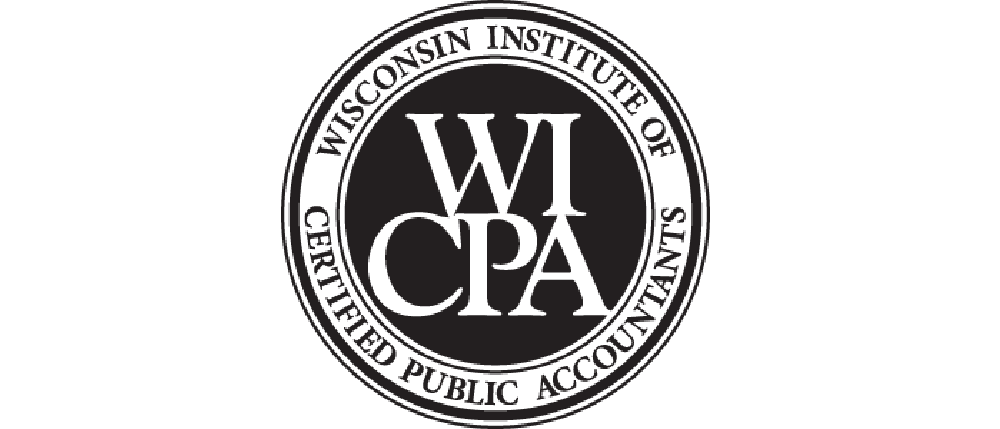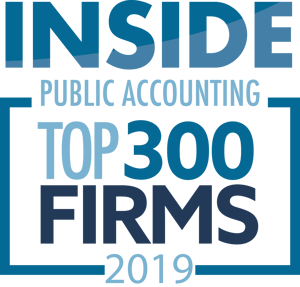Investing time to effectively coach and mentor others is vital to succession planning and leadership development. Unfortunately, many organizations lack appropriate policies, processes or skilled people to achieve this.
There is a fine line between mentors and coaches. Some say mentors are sounding boards who provide advice; with mentees having freedom to choose topics not necessarily tied to performance objectives. Coaches seek to direct employees to an end result by strategically assessing and monitoring progress.
A study asking how senior leaders invest time developing others showed 50 percent coach for skill development and 47 percent conduct one-on-one mentoring. Yet, the top three reasons for leadership disruption were lack of teamwork and collaboration, insufficient training and development, and senior leader micro-management and arrogance.
 Coaching tips include structuring meetings to occur monthly or bi-weekly. Ask the employee being coached to develop 2 to 4 personal development goals – not job-specific goals. Goals should relate to the four areas of holistic leadership: work, self, family and community; and these should comprise the coaching agenda. The agenda is flexible, and the coach/mentor is a sounding board who provides advice to help the employee develop, grow and learn using personal gifts, strengths and passions.While time is invested with good intentions, coaching and mentoring are not working – possibly because senior leaders may not know how to effectively coach. One-on-one sessions become focused on daily activities, resulting in micro-managing vs. coaching and problem solving.
Coaching tips include structuring meetings to occur monthly or bi-weekly. Ask the employee being coached to develop 2 to 4 personal development goals – not job-specific goals. Goals should relate to the four areas of holistic leadership: work, self, family and community; and these should comprise the coaching agenda. The agenda is flexible, and the coach/mentor is a sounding board who provides advice to help the employee develop, grow and learn using personal gifts, strengths and passions.While time is invested with good intentions, coaching and mentoring are not working – possibly because senior leaders may not know how to effectively coach. One-on-one sessions become focused on daily activities, resulting in micro-managing vs. coaching and problem solving.
A core ability is for coaches to have the skills to ask many questions, listen intently, and help individuals discover how their own values, strengths, gifts and passions influence their personal behavior. This includes helping individuals understand their behavior can both positively and negatively influence others, while assisting them to discover solutions to challenges.Next, request the person take the “Strengths Finder” test (“StrengthsFinder 2.0” by Tom Rath). This provides one’s top five strengths to begin discussing strengths and gifts. While strengths are a baseline, gifts positively impact the lives of others. Future sessions should include the goals and strengths; using examples from daily work as coaching examples of how to handle situations, and working toward gift discernment and future career planning.
Employees must be open to being coached vs. forced to do so. A comprehensive coaching plan should consider employees at all levels – senior level leaders and high potential employees. Both are key to future succession planning and leadership development; and may also include time with larger groups/teams to see how individuals interact in team/group settings and if they apply what is being learned.
Some examples of organizations which have taken steps to create a coaching culture include those where:
- The CEO and/or other senior leaders are within five years of retirement
- There is a good group of “next-level” leaders who need further leadership development
- The organization is growing very quickly and leaders need quicker development to keep up with the growth
- There is a gap in the number of Generation X leaders to help with succession between Baby Boomers and Millennials
If your organization fits any of these or if you’re a leader who desires coaching, take the first step to contact a KerberRose trusted advisor to ensure sustainability in your organization. While you may not have started your business to worry about succession planning and leadership development, fortunately, these are some of the many services we specialize in to help organizations succeed.
David Yeghiaian is Chief Strategy Officer at KerberRose. Reach him at david.yeghiaian@kerberrose.com.








